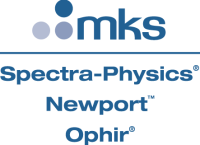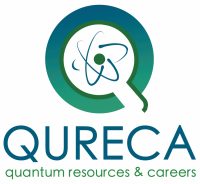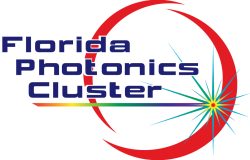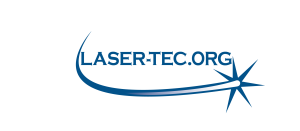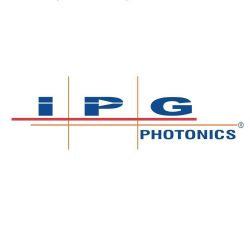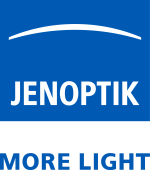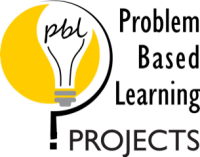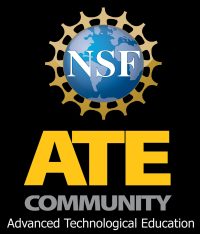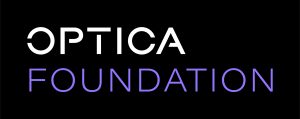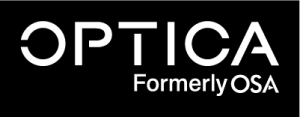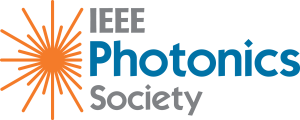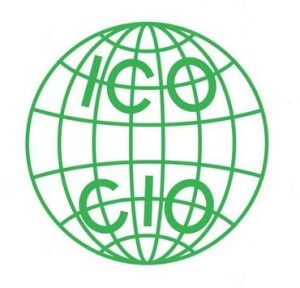SUBMIT AN ABSTRACT OR WORKSHOP
ABSTRACT SUBMISSION
Present your work at Education and Training in Optics and Photonics (ETOP) and join the optics and photonics education community. With a wide-range of topics, ETOP is a great place to present, learn and network.
Please submit a 250-word text abstract for technical review purposes that is suitable for publication.
For Special symposium on Quantum Education, please, add QUANTUM:… before your abstract title.”
We use SPIE system for abstract and manuscript submissions. Prospective authors should use their existing SPIE account or create an account to submit an abstract for ETOP.
Important Dates
Call for Papers
September 15, 2022
Abstract Deadline
January 31, 2023
Author Notification
March 3, 2023
Early Bird Registration
April 1, 2023
Manuscript Due Date
May 1, 2023
Conference
May 15-18, 2023
UPDATE FOR MARCH 29, 2023: Check your abstract status or your assigned time slot here.
WORKSHOPS
We will have a limited number of slots for workshops at ETOP 2023. Workshops lengths can range from 1 hour up to 3 and the time slot length will depend on the number of proposed workshops we receive. The slots are 1 or 1.5 hours in length and can be combined for longer workshops as listed below.
- Tuesday May 16: 1.5 or 3 hour slots
- Wednesday May 17: 1, 1.5, or 2.5 hour slots
- Thursday May 18: 1, 1.5 or 2.5 hour slots
TOPICS OF INTEREST
- Curriculum development and improvement in optics and photonics
- Practical training in laboratory
- Lecture-based learning
- Problem-solving approaches
- Project-based learning
- Bringing modern optics into the classroom
- Flipped classroom models
- Education and training tailored to industry needs
- Continuous education and training for academia and industry
- In-company training and internships
- Local and regional economic development through optics and photonics education and research
- Promoting Optics and Photonics to attract individuals to the workforce at all levels
- Teaching optics and photonics using new technologies
- Virtual classroom and remote learning
- Training using specialized software as practical tools
- Open-source platforms and artificial intelligence tools to enhance the learning experience
- Program accreditation and evaluation
- New methods, tools, kits and models for photonic education
- Outreach education in optics and photonics
- International Day of Light (IDL) activities and events
- Reaching under-privileged or remote communities
- Evaluation methods and metrics for outreach activities
- Education and training in multidisciplinary environments
- Training the teachers
- Future challenges and opportunities in education in optics and photonics
- Embedding Diversity, Equity, and Inclusion into pedagogical practices
- Using social media to promote optics and photonics
- Plus other topics related to optics and photonics education
- PLUS:
- Special symposium on Quantum Education

